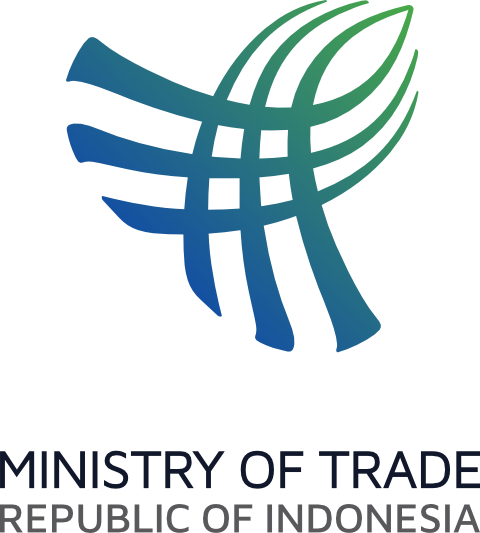
Exit of countries from ECOWAS’ll weaken AfCFTA-Expert
Exit of countries from ECOWAS’ll weaken AfCFTA-Expert
With the exit of Niger, Mali and Burkina Faso from the Economic Community of West African States (ECOWAS), a regional economic bloc, analysts have described the move as destabilising as it will weaken the African Continental Free Trade Area (AfCFTA) project.
The decision by the three
countries was announced in a joint statement read out on Niger national
television recently. It’s the first time in the bloc’s nearly 50 years of
existence that its members are withdrawing in such a manner. Analysts have
said it’s an unprecedented blow to the group and a further threat to the
region’s stability. The agreement establishing the AfCFTA was signed in March
2019, and trading under the AfCFTA regime commenced on January 1, 2021.
The intra African market, which
aims at boosting trade now has a challenge to contend with the exit of
three countries from ECOWAS, raising concerns about potential lost
opportunities in trade with Nigeria, the largest economy in Africa, as well as
with other countries within the 16-member bloc. “The development is bad for our
economic integration aspirations both at the regional and continental
levels. The regional economic blocs are supposed to be the pillars
for the AfCFTA.
“Therefore the weakening of
ECOWAS is in a sense the weakening of the pillars of AFCFTA, “Director, Centre
for the Promotion of Private Enterprise (CPPE), Dr Muda Yusuf said. Yusuf added
that the pulling out by these countries will further worsen the problem of
economic fragmentation.
“It also could negatively impact
on current efforts to collectively tackle issues of terrorism, insurgency,
banditry and kidnapping in the subregion and the continent.”
The main goal of ECOWAS is to
promote economic cooperation among member states in order to raise living
standards and promote economic development. ECOWAS established its free trade
area in 1990 and adopted a common external tariff in January 2015. The AfCFTA
aims to create a single market for goods and services and a liberalised market
for goods and services to enhance the movement of capital and natural persons.
It is also to aid the movement of goods and services across the African
continent without restrictions.
Data from the International Trade
Centre, the value of Nigeria’s imports to Niger rose to $33.4 million in 2022
from $25.7 million in 2021; to Mali, it declined to $166,000 from $180,000; and
to Burkina Faso, increased to $40,000 from $6,000. In 2022, the value of
Niger’s exports to Nigeria was $192.9 million, down from $197.3 million; Mali’s
exports to Nigeria rose to $17.4 million from $5.03 million; and Burkina Faso’s
exports to Nigeria were $13.6 million, down from $40.2 million.
Analysts viewed that their withdrawal also introduces uncertainties and disruptions to the existing trade relationships, impacting economies and populations on both sides. However, some believe that the three countries would have more to lose, as they are net dependent on ECOWAS and Nigeria.
The Sun, 1st Feb 2024








